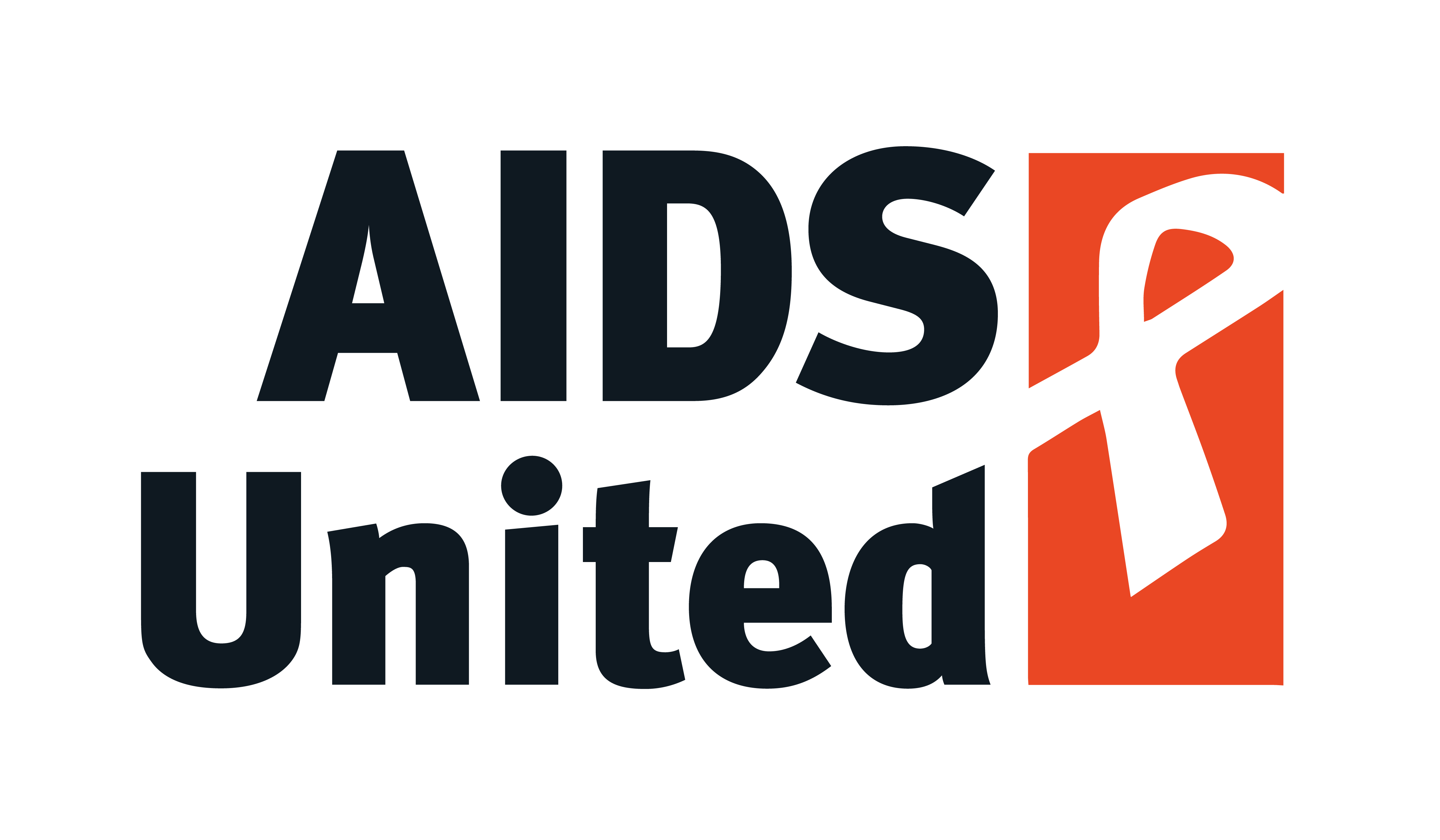
FOR IMMEDIATE RELEASE
AIDS United’s Public Policy Council releases Racial Justice Index results
Results show areas of strength and growth for organizations in the HIV sector
Contact: Kenneth Courtney, kenneth@courtneycreativepr.com
347.243.9187
WASHINGTON — AIDS United, a leading organization dedicated to ending the HIV epidemic in the United States, announced Thursday the findings of its Racial Justice Index.
The goal of the index is to assess and improve the HIV sector’s commitment to racial equity. This includes hiring practices, leadership, talent retention and decision-making in the HIV movement.
The index results are based upon a survey of more than 400 staff members at 22 of the organizations on AIDS United’s Public Policy Council.
AIDS United will host a live roundtable conversation about the results at 4 p.m. EDT with Mandisa Moore-O’Neal from The Center for HIV Law & Policy, Omar Martinez Gonzalez from the AIDS Foundation Chicago, and Tyler TerMeer from the San Francisco AIDS Foundation.
Bishar Jenkins Jr., policy manager for community mobilization and health equity at AIDS United, who shepherds the index, explained the index’s results:
“The survey results indicate that organizations, on average, demonstrated a foundational understanding of the principles of the meaningful involvement of people with HIV/AIDS, emphasizing the importance of including people living with HIV in decision-making processes. The direct service category received high scores, reflecting organizations’ dedication to providing accessible services to communities most impacted by HIV.
“However, the survey also revealed a significant contrast between organizations’ external commitments to racial justice and their internal processes supporting Black staff members. While 80% of respondents believed their organizations were actively providing or planned to provide racial justice training to staff, these efforts were not consistently translated into effective practices and procedures. Qualitative responses indicated that racial justice offerings inside their organizations were either no longer offered, inconsistently provided, or need improvement through the involvement of Black racial justice consultants.”
AIDS United’s president and CEO, Jesse Milan Jr., praised the members of AIDS United’s Public Policy Council for their willingness to take a hard look at themselves. He said:
“HIV is a disease of inequality. From the earliest days of the epidemic, HIV has hurt communities of color the hardest. Organizations that serve those of living with HIV must take that reality seriously. We cannot end the HIV epidemic without removing the systemic racism that is embedded in our work.
“AIDS United’s Public Policy Council has always pushed for responsiveness and inclusiveness across the sector. It updated its operating principles in 2018 to prioritize racial justice. And now the council has taken a very brave step of releasing the results of the first Racial Justice Index. The 22 organizations who participated should be commended on their willingness to engage in this process.
“And I want to be clear: The challenge of white supremacy is much greater than personal bias. White supremacy is baked into our society’s policies and structures, and it’s not always easy to look inward at our own organizations.
“The Racial Justice Index holds a mirror to our sector and shows us where we have work to do. And the results show that our sector’s collective understanding of and commitment to racial justice is commendable, but it often falls short of what the HIV community expects of our organizations.
“We have much work to do, and AIDS United remains committed to working collaboratively with organizations across the entire HIV sector to address the gaps identified in the survey and to further integrate racial justice principles into all aspects of our work.”
Carl Baloney Jr., chief advocacy officer at AIDS United, stressed the need for concrete action, saying:
“The survey results underscore the urgent need for organizations to provide tangible opportunities for advancement and mentorship, fair compensation, and a supportive culture of communal care for Black staff members. We must move beyond rhetoric and ensure that our actions align with our stated commitments to racial justice.
“With these areas of growth identified, we will turn toward creating resources to help HIV service organizations incorporate racial justice into their policy and practices.”
AIDS United’s website has both an executive summary and the full index result.
The data released Thursday reflects the 22 organizations in aggregate. Each of the 22 organizations has been provided with their specific data and have been encouraged to release their individual index results publicly.
AIDS United is processing its data and is developing a plan for how to address the issues the index presented. AIDS United will release its specific results in the coming weeks.
AIDS United’s mission is to end the HIV epidemic in the U.S. through strategic grantmaking, capacity building and policy. AIDS United works to ensure access to life-saving HIV care and prevention services and to advance sound HIV-related policy for populations and communities most impacted by the U.S. epidemic As of January 2021, our strategic grantmaking initiatives have directly funded more than $118 million to local communities, and we have leveraged more than $184 million in additional investments for programs that include, but are not limited to, syringe access, access to care, capacity-building, HIV prevention and advocacy.
###

